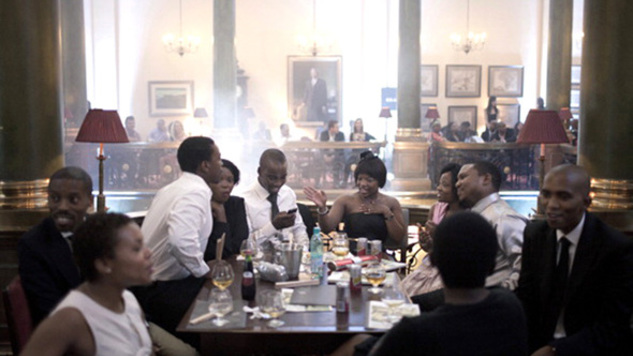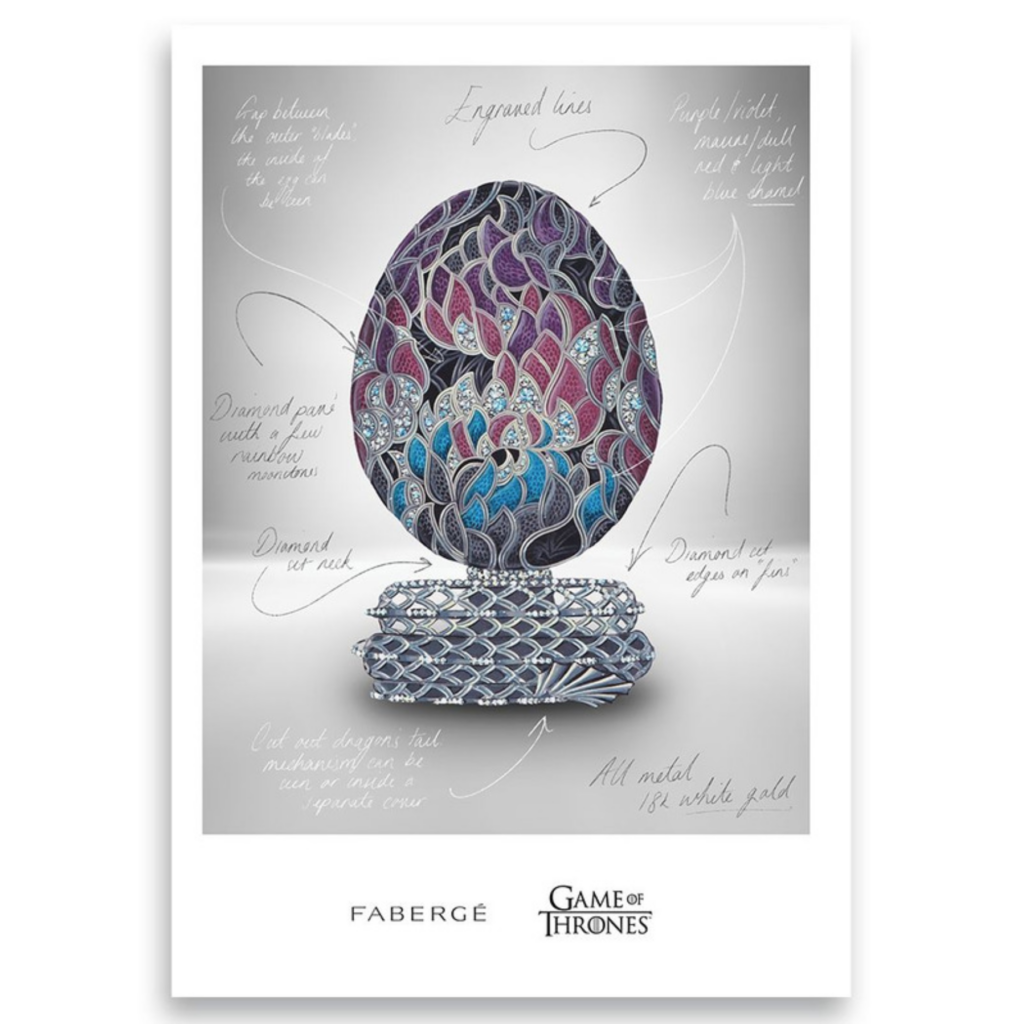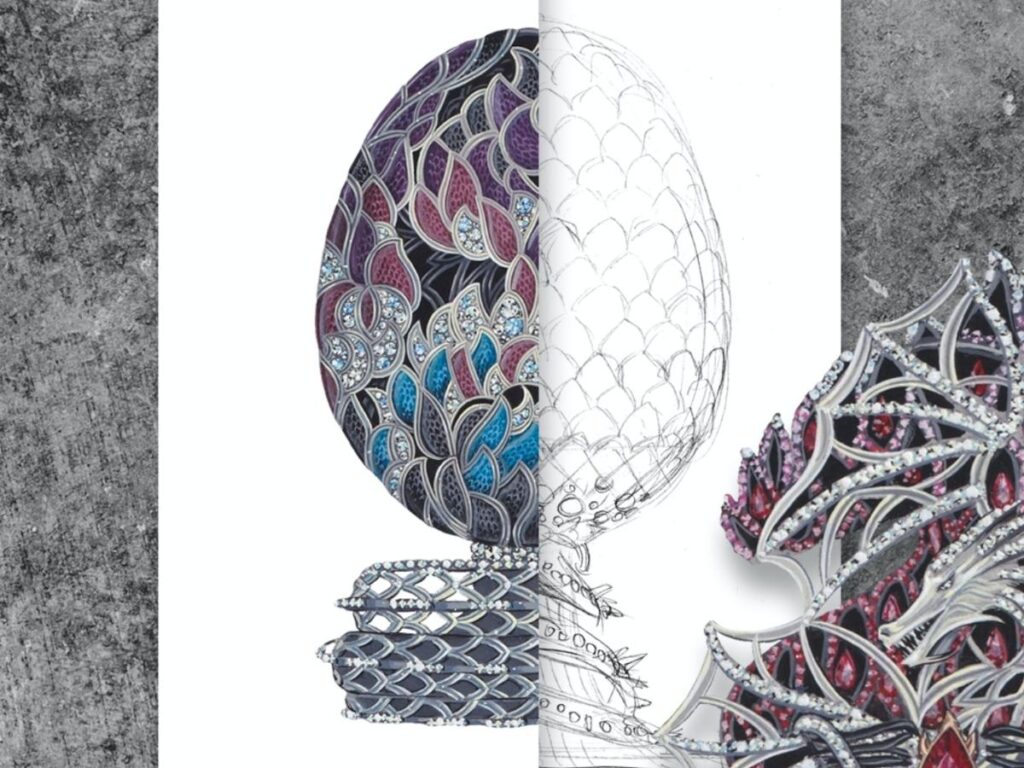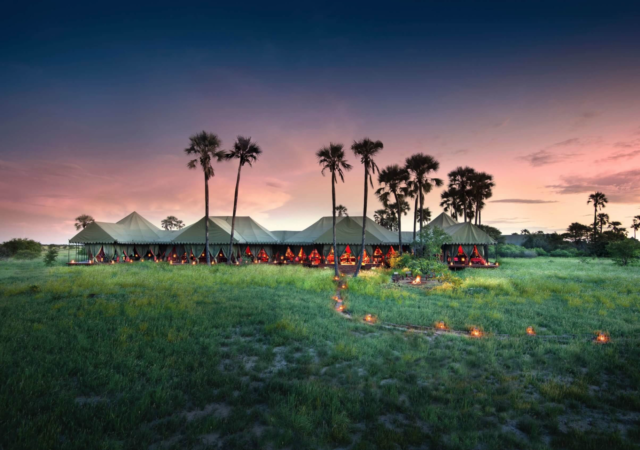Africa has had it’s fair share of hardship for decades now, but its progression has become very apparent over the last 15 years, and it’s reflected in the success of wealthy African individuals. The continent has become a hotspot for rising opulence and wealth. There is evidence that luxury and wealth has found their new home in Africa. Back at the end of 2014, it was on record that Africa has 169,000 millionaires, and this number is on the rise according to the Knight Frank Wealth Report 2015.
It is not only these 169k millionaires that have money to spend in Africa. Greater spending power has been found in the hands of the middle class that is on the rise. This sudden millionaire’s growth has resulted in luxury spending patterns that are gradually catching up with what is experienced in other continents.
Who is a millionaire? According to NWW report, millionaires are individuals with net assets of $1 million or more without including their primary residences. Luxury brands have taken advantage of this Africa’s millionaire club to invest heavily in different countries in the continent. It may be difficult to differentiate between these millionaires and those who are striving to join the club when it comes to spending on themselves. It is no longer a surprising occurrence to see Africans as luxury consumers.
The craze to join Africa’s millionaires club is growing fast. Not only is the notion that corruption and evil vices being the only way to gather wealth on the continent diminishing fast but there is a strong set of Africans, both men, and women who are smart and work hard, who come up with mind-blowing innovations and businesses and do it legitimately.
Africans are amassing their wealth from sectors like retail, telecoms, manufacturing, financial services, agriculture and commodities, imports and exports. The enthusiasm among the burgeoning youths to create wealth is infectious and seriously contagious. The markets are developing, luxury brands are opening stores around the continent, and the bling consumption culture is gradually changing the poverty stigma that once painted Africa.
Urbanisation, the young population, and the middle class have placed a premium on what people wear, eat and use. As a result, retailers have had to respond with credit schemes and other enticing status enhancements to better cater to their new customers.

Currently, African millionaires are in possession of over $660 billion according to the New World Wealth report. The spending power of Africans has made it possible for luxury brands like LVMH, Porshe, Louis Vuitton, Gucci, Pandora and many others to open channels that are striving to meet up the demand of the people.
Self-consumption is not the sole expenditure millionaires spend their cash on. A lot of them have learnt values from the world’s wealthiest men like Bill Gates and understand that pushing their money into philanthropy is an important way to give back to their community. Today, we have a lot of foundations started by these millionaires that fight the injustices, Africa faces.

The African countries with the highest number of millionaires include Nigeria, South Africa, Kenya, and Egypt; Africa may be rising with wealth, but it has to create jobs and cut down on corruption to close the gap between the rich and poor. The contrast between the haves and the have-nots cannot necessarily be ignored, however, reports predict the number of millionaires in the continent will skyrocket by the year 2024.
“African millionaires will rise 53% to 258,000 by 2024, the highest growth rate of all regions globally.” Bloomberg









